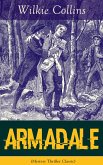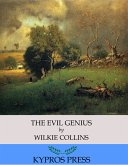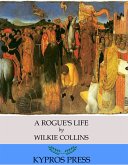Armadale, a masterful novel by Wilkie Collins, delves into the intricate web of identity, fate, and moral ambiguity set against the backdrop of Victorian society. Characterized by its rich psychological depth and suspenseful plotting, this gripping narrative weaves together themes of deception and the duality of human nature. Collins employs a keenly observed, serialized style reminiscent of his earlier works, yet innovatively challenges the reader's perceptions of innocence and guilt through his controversial depiction of crime and punishment, which resonated with the Victorian preoccupation with morality and justice. Wilkie Collins, often hailed as one of the fathers of the modern detective novel, was profoundly influenced by his own experiences with the legal system and the societal issues of his time. His personal connections to themes of familial legacy and the impact of betrayal are reflected in the tangled lives of his characters. Collins's familiarity with the complexities of human relationships and the nascent field of psychological realism provides a fertile ground for the novel's exploration of personal ethics and societal norms. Armadale is not merely a tale of mystery; it is an exploration of profound ethical dilemmas that invites readers to examine the consequences of choices made in the shadows of society. This novel is highly recommended for those who appreciate intricate plots and morally complex characters, as well as the historical context of the Victorian era. Collins's keen insight into the human psyche, combined with his innovative narrative techniques, make Armadale a must-read for aficionados of literary suspense.
Dieser Download kann aus rechtlichen Gründen nur mit Rechnungsadresse in A, B, BG, CY, CZ, D, DK, EW, E, FIN, F, GR, H, IRL, I, LT, L, LR, M, NL, PL, P, R, S, SLO, SK ausgeliefert werden.









